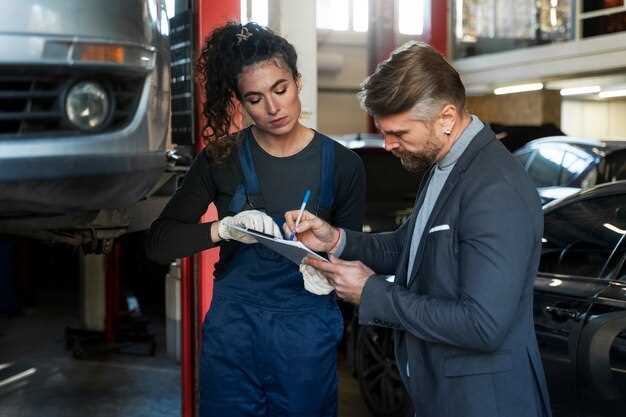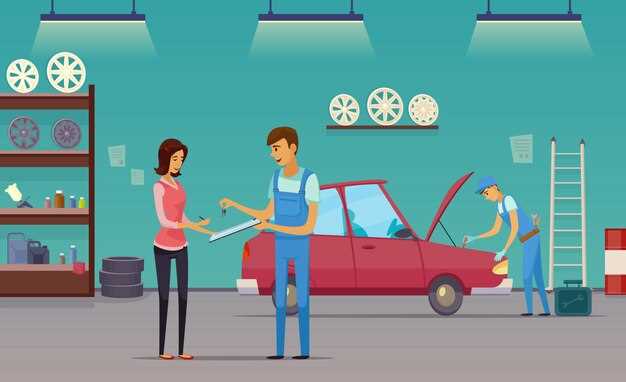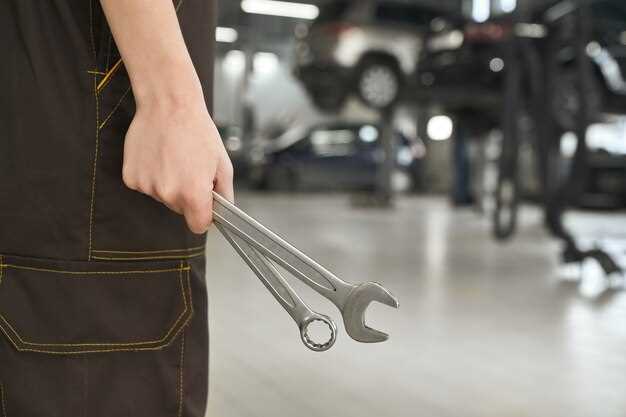
Choosing the right collision repair shop for your vehicle is a critical decision that can significantly affect both the quality of the repairs and your overall satisfaction. When your car sustains damage from an accident, it’s essential to find a reputable shop that can restore it to its pre-accident condition. The process can be overwhelming due to the myriad of options available, but understanding key factors can help streamline your choice.
First and foremost, consider the certifications and affiliations of the repair shop. Look for shops that are recognized by manufacturers or industry organizations, as this often indicates a commitment to quality and adherence to specific repair standards. Shops that employ certified technicians are more likely to provide reliable service and use the appropriate techniques and materials for your vehicle.
Another crucial aspect is the customer reviews and reputation of the shop. In today’s digital age, online reviews provide valuable insights from previous customers. Assessing feedback can help you gauge the shop’s reliability and the quality of their work. Additionally, seeking recommendations from friends or family can offer trusted perspectives and potentially lead you to a preferential option.
Assessing Qualifications and Certifications of Repair Shops
When selecting a collision repair shop, understanding their qualifications and certifications is crucial. These credentials serve as indicators of the shop’s commitment to maintaining industry standards and ensuring quality repairs. Begin by checking if the repair shop is certified by reputable organizations, such as the National Institute for Automotive Service Excellence (ASE) or the Inter-Industry Conference on Auto Collision Repair (I-CAR). These certifications indicate that the shop’s technicians have undergone rigorous training and are knowledgeable about the latest repair techniques and technologies.
Additionally, inquire about manufacturer certifications. Many auto manufacturers establish approved repair networks that require shops to meet specific standards and use genuine parts. If your vehicle brand has authorized repair facilities, consider selecting one from that list, as they possess intimate knowledge of your vehicle’s design and repair requirements.
Another important aspect to assess is the shop’s compliance with local and state regulations. This includes having the necessary licenses and insurance to operate. A reputable shop will be transparent about their licenses and will willingly provide proof upon request. It is also advisable to look into any additional training programs the technicians may have completed, as ongoing education is vital in the ever-evolving automotive industry.
Lastly, customer reviews and industry reputation can give you insight into a shop’s reliability and quality of work. Research online reviews and ask for referrals from friends or family who have had similar repairs. In summary, evaluating qualifications and certifications is essential in ensuring that your vehicle receives the best possible care and attention during the collision repair process.
Understanding Customer Reviews and Reputation in the Community

When selecting a collision repair shop, paying close attention to customer reviews and the shop’s reputation within the community is crucial. Reviews often serve as a reflection of the quality of service provided, helping potential customers gauge the reliability and professionalism of a shop.
Customer reviews can be found on various platforms, including Google, Yelp, and social media. These reviews provide insights into the experiences of previous customers, detailing aspects such as customer service, repair quality, and turnaround time. Reading through both positive and negative reviews allows you to form a holistic view of what to expect.
Additionally, the reputation of a collision repair shop in the community can indicate its reliability. Shops with a strong local presence often receive referrals from satisfied customers, which is a testament to their performance. Engaging with local forums or community groups can also reveal the general sentiment towards a specific shop, providing further context to your decision-making process.
Frequency and recency of reviews matter as well. A shop with a steady stream of recent reviews can suggest consistent service quality, whereas a lack of reviews may raise red flags. It’s also worth noting how the shop responds to negative reviews; prompt and professional responses can reflect a commitment to customer satisfaction.
In summary, understanding customer reviews and the local reputation of a collision repair shop is essential to making an informed decision. Gathering information from multiple sources will empower you to choose a shop that meets your needs and expectations effectively.
Evaluating Warranty Policies and Estimates for Repair Costs
When choosing a collision repair shop, understanding their warranty policies and obtaining accurate estimates for repair costs are crucial steps in ensuring a satisfactory repair experience. Here’s how to effectively evaluate these aspects:
1. Warranty Policies
Repair shops often provide warranties to guarantee the quality of their workmanship and the parts used. Here are key points to consider:
- Type of Warranty: Identify whether the warranty covers parts, labor, or both. A comprehensive warranty is preferable.
- Duration: Check how long the warranty lasts. Reliable shops typically offer warranties ranging from 1 to lifetime.
- Exclusions: Understand what is not covered under the warranty, as this can vary by shop.
- Claims Process: Inquire about how to file a claim if warranty issues arise. A straightforward process reflects a trustworthy shop.
2. Repair Cost Estimates

Obtaining a detailed estimate is essential to avoid unexpected expenses. Consider the following steps:
- Detailed Breakdown: Ensure the estimate provides a detailed list of all repairs, parts, and labor costs. This transparency helps you understand the charges.
- Written Estimates: Always request a written estimate to avoid discrepancies later. Verbal agreements can lead to misunderstandings.
- Comparative Quotes: Obtain estimates from multiple repair shops to get a sense of the average repair costs in your area.
- Insurance Coverage: Verify how your insurance affects repair costs. Some estimates may include insurance adjustments.
By carefully evaluating warranty policies and repair cost estimates, you can make an informed decision when selecting a collision repair shop, ensuring both quality of work and financial protection.

